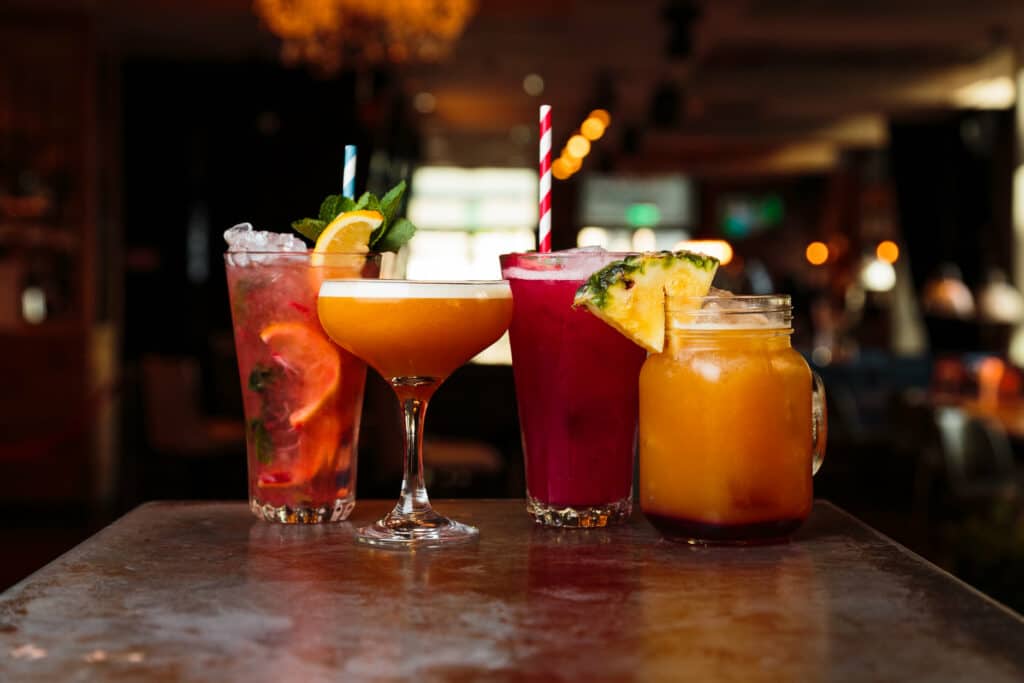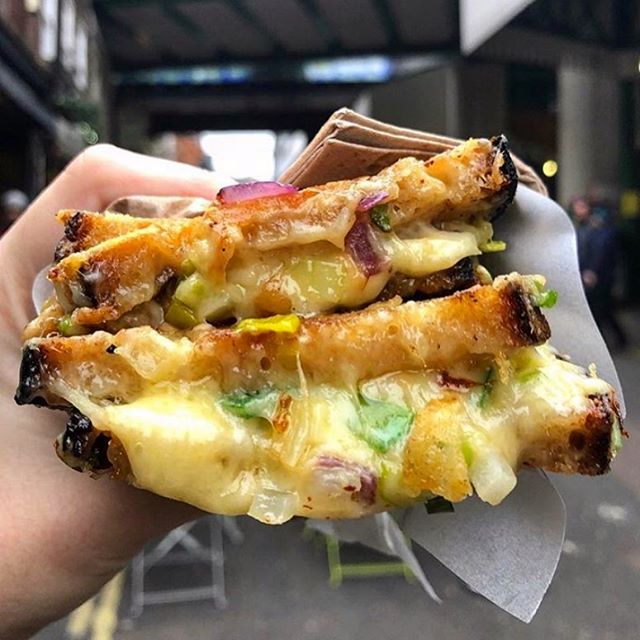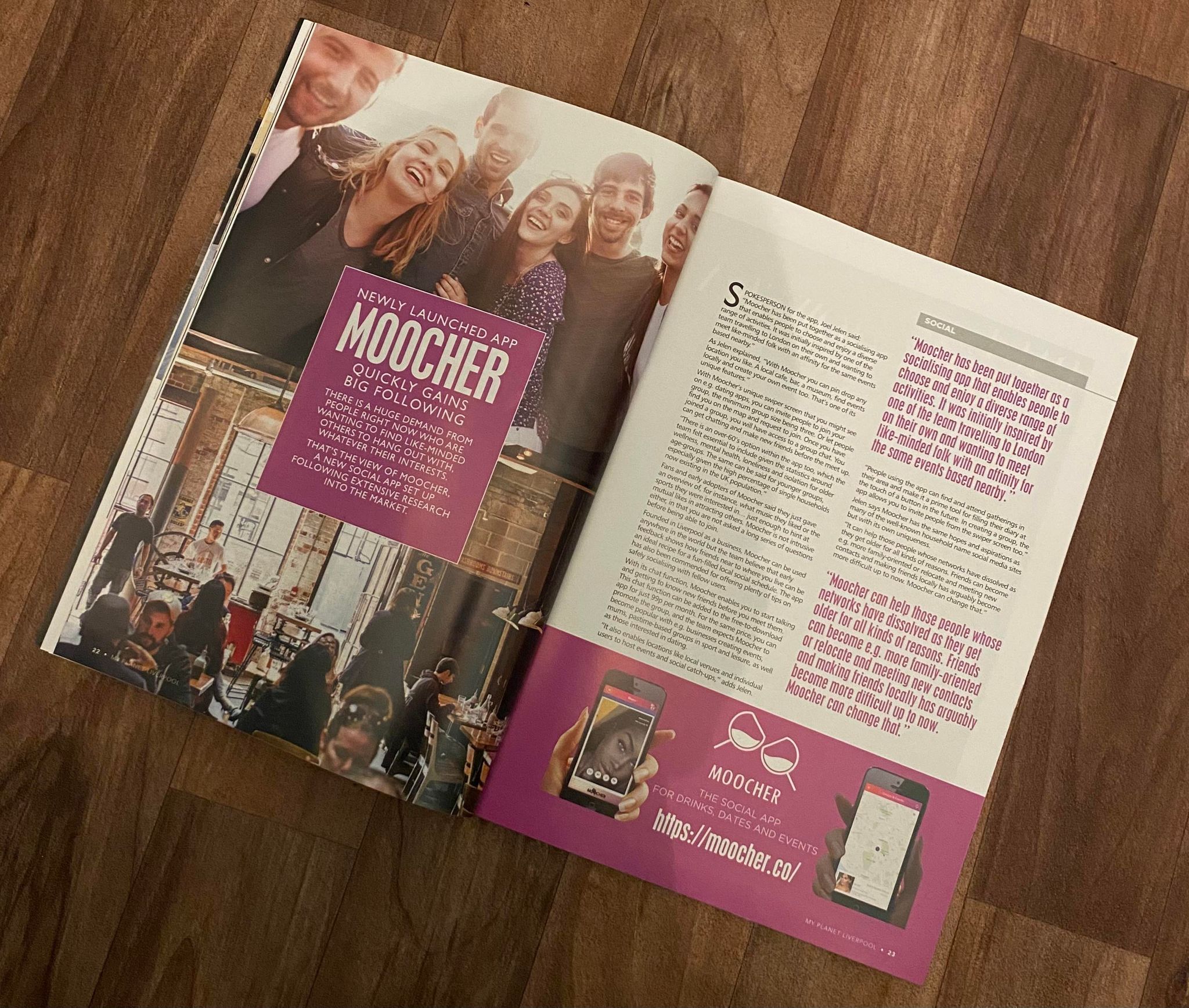As this is one of the first Moocher Networking blogs for 2022, we thought it best to start with a health & wellness topic given that it’s January and some (opinionated) advice that is sustainable too, unlike perhaps some of those resolutions you may have already forgotten.
Many business owners Moocher has spoken with use the ‘sustainable’ word when it comes to talk of growing a team, a strategy for the company or organisation, but spend little or no time leading a sustainable way of life of their own.
Given many people’s time-poor, pressure-rich business world (it’s lonely at the top), that’s an excuse but definitely not a reason, especially if your ethos or need is to work hard and play hard like we love to do at Moocher.
How ‘sustainable’ is your plan to be healthy and wealthy (wellthy)?
For example, one in three of us will experience mental health illness show the latest statistics and, it’s estimated that 8.5m Brits took anti-depressants last year alone.
Causal factors include relationship issues, sorrow and childhood distress, along with genetic factors and of course, work-related stress.
Thankfully, the Government has recently invested millions of pounds into new schemes to provide access to talking therapies, which is now the favoured way by GPs to help manage and control the symptoms of mental health with the most common conditions being anxiety and depression.
That’s a great step forward because all the evidence suggests that “the drugs don’t work”, as also borne out in Dr. Steve Ilardi’s In The Depression Cure who maintains that “meds have only around a 50% success rate with side effects such as emotional numbing, sexual dysfunction and weight gain.”
One of the most beneficial recommendations to achieve sustainable wellbeing in 2022 is, perhaps unsurprisingly, to consider diet. Given the myriad of false information out there, it’s worth exploring some home-truths.
There are enough studies to show how trans-fats and saturated fats and their effects increase the risk of depression, whilst healthier olive oil can protect against mental illness.
In addition, supplementation where low dietary nutritional intake is suspected can have a huge positive impact on the state of a person’s mental well-being. On the contrary for example, Vitamin B12 deficiency is regarded as a ‘classic’ trigger for depression.
People often compensate for ‘low nutrition’ with calories in the form of sugars creating a ‘surge then crash’ cycle putting the body under repeated stress. The result forces the brain to cope and attempt to repair.
Blood sugar vacillations cause irritability, carbohydrate cravings and energy slumps. Addressing these problems with caffeine and refined sugar merely increases mood swings and ultimately uses up more magnesium, the stuff of which helps us to function (i.e. relax and energise).
The strongest dietary association reported by numerous studies is between dietary fish intake and depressed mood i.e. low consumption of fish and omega 3 fatty acids has been repeatedly correlated with a higher incidence of ‘low mood’.
Mineral balance and its impact on cellular health is also regarded as one of the most crucial considerations.
Twice Nobel Prize winner Dr Linus Pauling once said that “every ailment, every sickness and every disease can be traced back to a mineral deficiency.”
Poorly represented in our Western diet are magnesium, zinc and latterly vitamin D, strongly linked to depression and mental disorders.
Thousands of studies also point to the benefits of cardiovascular exercise that gets those feelgood hormones surging through your body.
Look out for emerging groups on Moocher this coming spring related to exercise, whether it’s a park bootcamp or decent scenic walk.
And take a look if you need help at our ‘top 50 wellness entrepreneurs’ blog, just published. There’s plenty of expertise and know-how in that list…you don’t need to go it alone.
Love Moocher
NB Look out for more news of Moocher Networking in the coming weeks, bringing you advice and face to face events for businesses – large and small, mums, exercise-based groups, creatives, international groups, and singletons…something for everyone!






